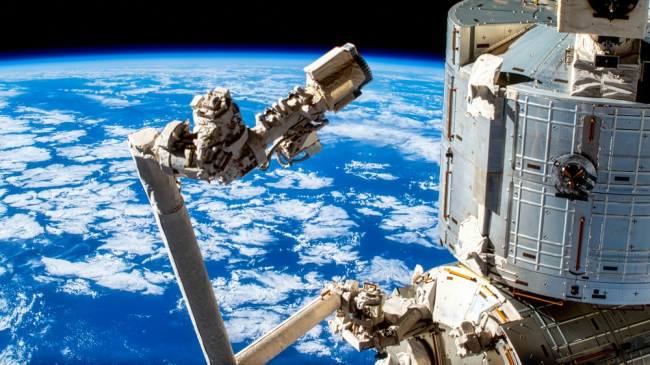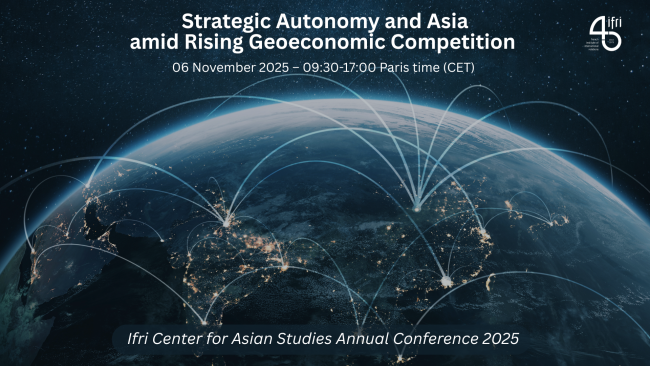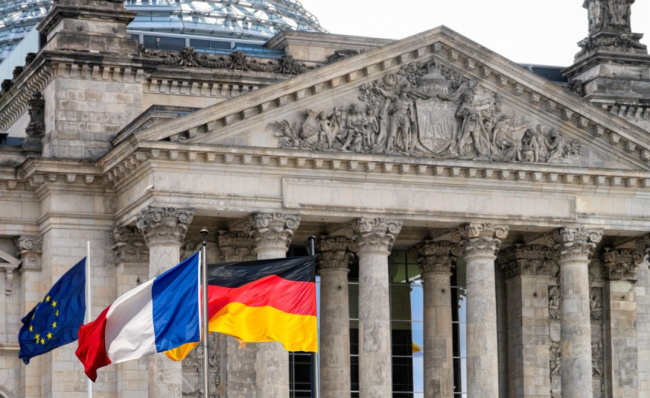European Union's Eastern Partnership and Eurasian Union: Collision or Collusion of Visions and Interests?

Practical information
In May 2015 will be held in Riga the forth summit of the Eastern Partnership, an initiative of the European Union launched in 2009 for six post-Soviet States (Armenia, Azerbaijan, Belarus, Georgia, Moldova, and Ukraine). The current situation is clearly marked by the Ukrainian crisis and an unprecedented deterioration of EU-Russia relations. What retuning of the Eastern Partnership is needed in this new context? What relationship with Eurasian Union, the Russian-led regional alternative?
A closed seminar organized by the Russia/NIS Center, Ifri with the support of Embassy of Latvia in France, Latvian Institute of International Affairs and the Latvian Presidency of the EU.
Other events

The Future of Space Cooperation: Challenges and Opportunities in the Trump II Era
The policy orientations of the Trump II administration profoundly challenge the foundations of international cooperation in space science and exploration. This shift reflects a broader trend of strategic disengagement and weakening of multilateral mechanisms in the space domain.

Strategic Autonomy and Asia amid Rising Geoeconomic Competition
Amid growing strategic and geopolitical uncertainty, Europe is grappling with the notion of its strategic autonomy. For Europe’s partners in Asia, the concept is also becoming increasingly salient as the world enters an era of structural transformation.

France-Germany, The Engine Under Pressure
Faced with a profoundly disrupted strategic and economic environment, Franco-German cooperation is more than ever the central pillar of Europe's future. The war in Ukraine, energy and technological dependence, and uncertainty about the strength of the transatlantic ties require urgent deepening of European sovereignty, both in terms of defence and economic and industrial competitiveness.








